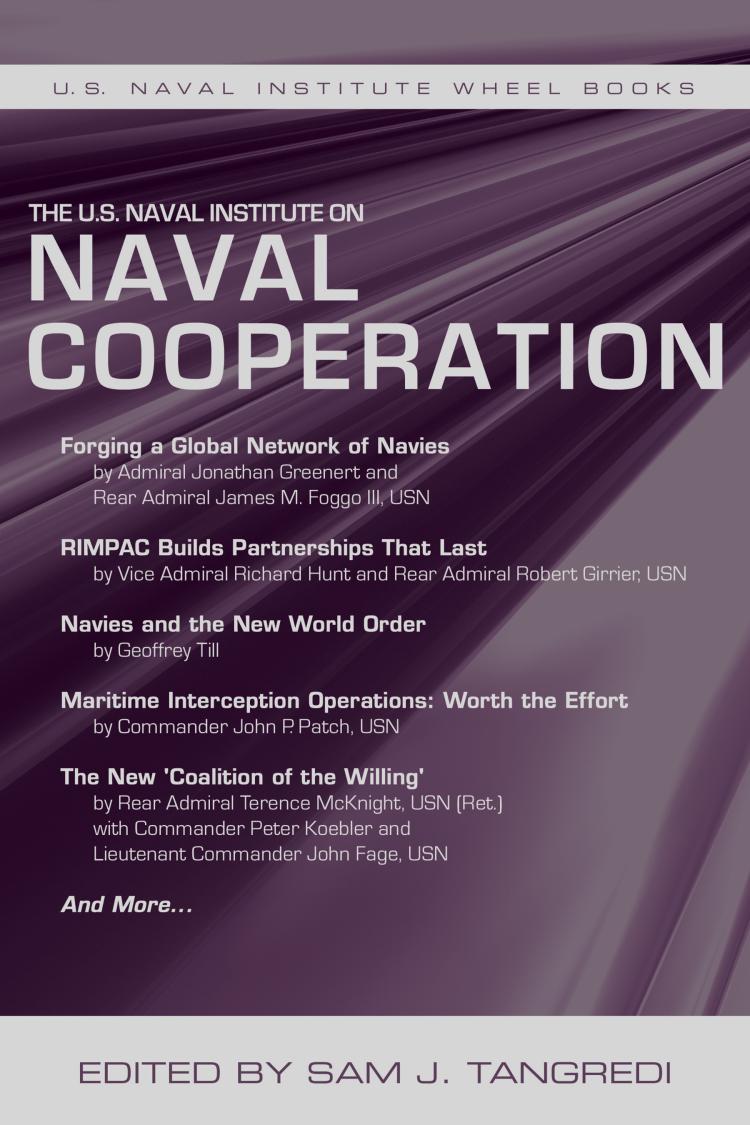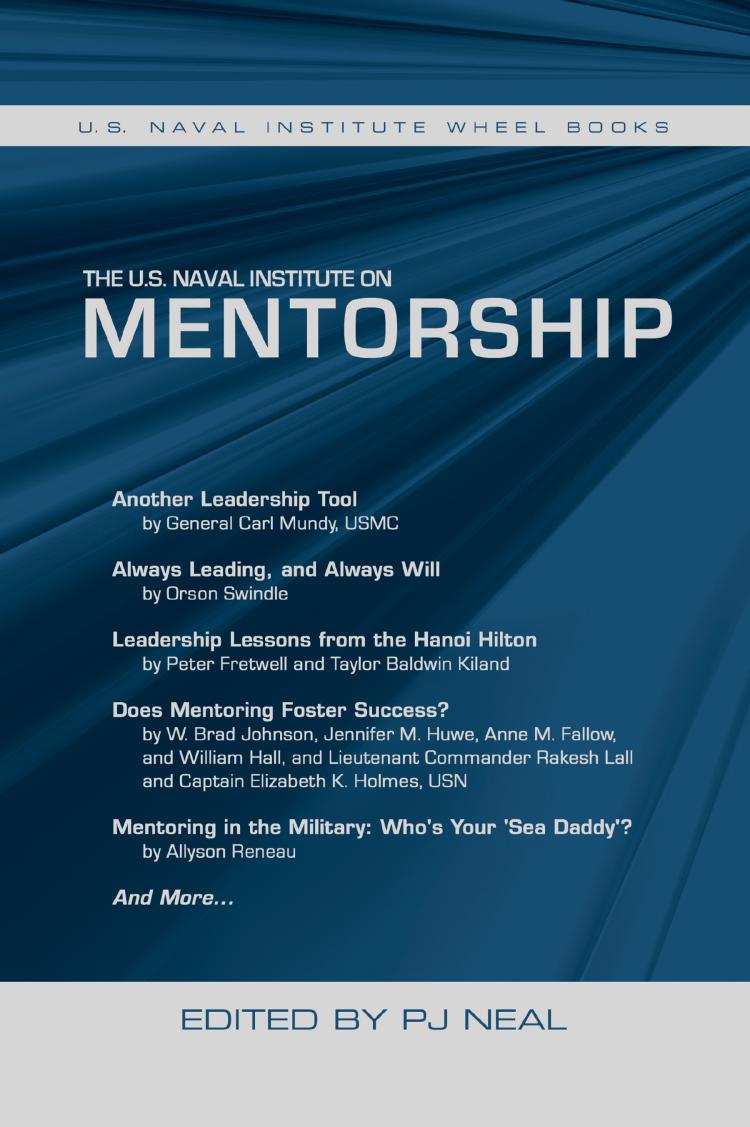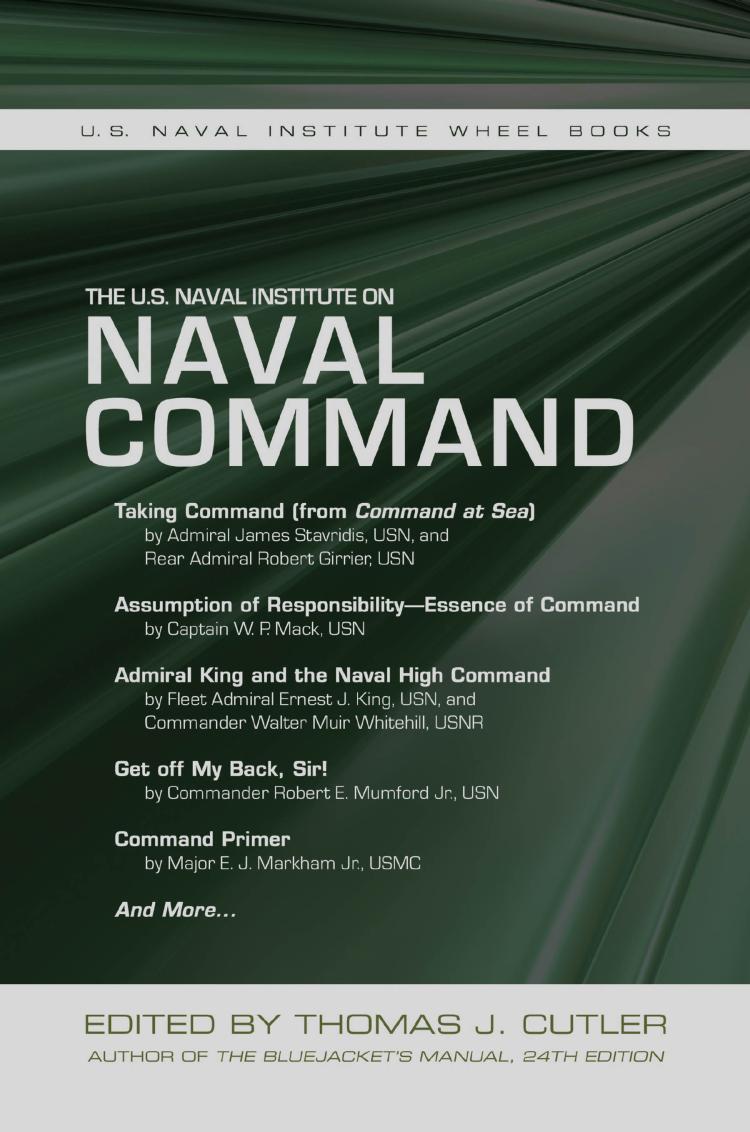The U.S. Naval Institute on Naval Cooperation
- Subject: Strategy
- Format:
Softcover
- Pages:
224pages
- Published:
August 15, 2015
- ISBN-10:
1612518532
- ISBN-13:
9781612518534
- Product Dimensions:
8.25 × 5.5 × 1 in
- Product Weight:
2 oz
Overview
All naval professionals—without exception—encounter, directly participate, or play a supporting role in naval cooperation. It is a key element in the U.S. defense strategy because military and naval operations today are usually conducted by international coalitions and fighting alongside foreign navies is an expected aspect of current and future naval warfare. Activities in support of mutual defense include bilateral and multilateral exercises, international programs such as cooperative acquisition and foreign military sales, combined training, and efforts towards increased interoperability. This volume is intended to provide a basic familiarization to all aspects of the subject and detailed understanding of relevant recent issues. Since there is no formal training offered on the subject for naval professionals—with the exception of certain specialized personnel—the book is designed to bridge the existing gap in knowledge about naval cooperation.
About the Author
Editorial Reviews
"Naval Cooperation brings the 'wheel book' analogy to life. It inspires reflection on previous arguments and observations regarding maritime partnership and cooperation by providing a collection of ideas from the past. This collection enables a comparative or trend analysis of the objectives and impact of U.S. maritime strategy over time. This edition stimulates further evaluation of the effectiveness of partnership and cooperation activities and their progress toward those objectives. This book will stimulate a reader's thoughts on the opportunities and challenges of global maritime partnership and cooperation among international navies." —Naval War College Review
The first-hand experiences of many of the authors in this anthology are useful in demonstrating their positions. One theme that comes across in many of the articles is the need for the U.S. to accept other nations' status as partners and acknowledge that their interests may not necessarily mirror directly those of the U.S. Additionally, as partners, the U.S. must be willing to share information and technology to create a true partnership and sense of cooperation. Strategists and policy makers are discussing the future strategic role of the Navy, however strategic policy is implemented by the sailors manning the ships. Naval Cooperation should be read by naval leaders as well as naval strategists who need to understand the many facets of cooperation that occur after a ship leaves its homeport." —The Strategy Bridge.com
This book manages to present multiple perspectives on various controversial subjects, including the desirability and efficacy of increasing formal programs to deal with interaction between U.S. Navy personnel and the naval personnel and civilians of other nations, as well as the case for and against the ratification of the UN Convention on the Law of the Sea. Although the editor expresses his own opinions through the use of occasional wit throughout his thoughtful introductions to the essays included in this work, this book ultimately provides enough information for the reader to come to his or her own conclusions when it comes to the state of contemporary naval cooperation between the United States and other maritime nations, as well as what steps can be taken to improve trust, build bridges with others, and increase the awareness of the long-term and indirect benefits of naval cooperation that are often not given sufficient public attention." —Naval Historical Foundation









